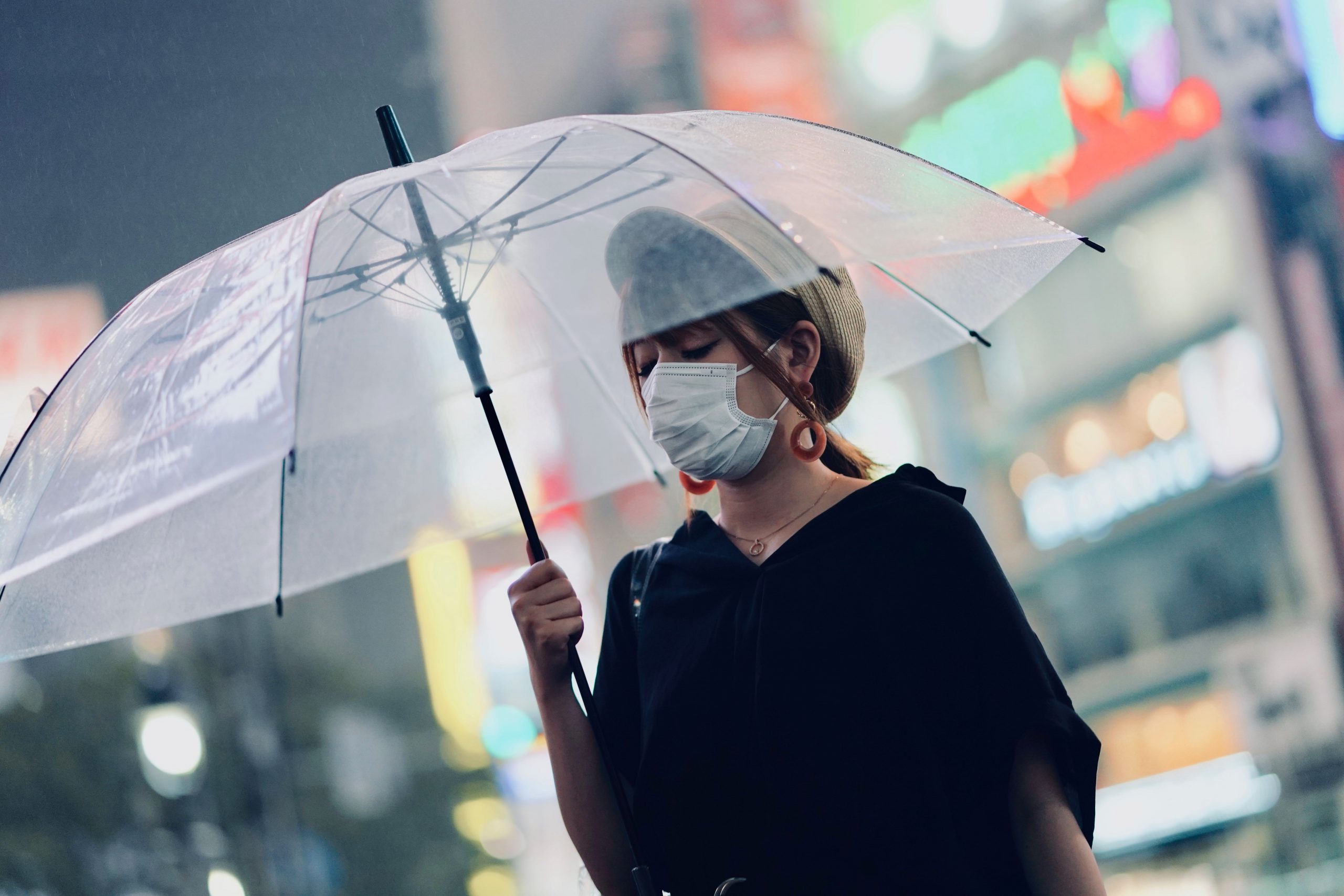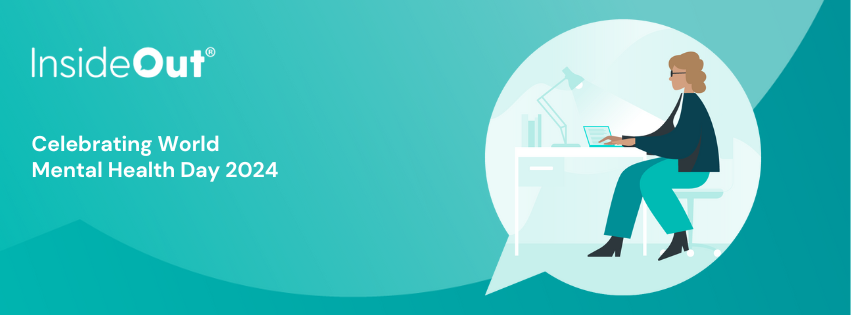Winter is coming. The days are getting shorter, the weather is getting colder and, on top of it all, we also have a second lockdown looming. That’s why this winter we’re even more likely to experience SAD (Seasonal Affective Disorder). Learning about SAD can help prevent it and put measures in place to deal with its affects.
Recognising SAD
Mind defines Seasonal Affective Disorder (SAD) as a type of depression that you experience during particular seasons or times of year. Depression is a low mood that lasts for a long time, and affects your everyday life.
SAD can affect people during any time of the year, but its mostly reported symptoms are usually more apparent during the winter time, hence why it’s also known as “winter depression”. It’s not uncommon to be affected by the change in seasons and the weather. You might notice that your mood or energy levels are impacted when it gets colder or warmer, or notice changes in your sleeping or eating habits. If you have SAD, you’ll experience depression during some seasons in particular, or because of certain types of weather.
Symptoms of SAD are different in each individual. The most common ones are: persistent low mood, feeling lethargic, lack of energy, loss of pleasure or interest in everyday activities, withdrawing from socialising, feelings of despair, guilt and worthlessness, poor concentration, sleep problems, changes in your appetite, loss of libido.
SAD’s roots
While the exact causes of SAD are not yet known, the NHS states that a lack of sunlight might stop a part of the brain (called the hypothalamus) from working properly, which may affect the production of melatonin, a hormone that makes you feel sleepy; when experiencing SAD, the body may produce it in higher than normal levels. Serotonin is a hormone that affects your mood, appetite and sleep; a lack of sunlight may lead to lower serotonin levels, which is linked to feelings of depression. Finally SAD can impact on you body’s internal clock (circadian rhythm), since your body uses sunlight to time various functions, such as when you wake up. Lower light levels during the winter may disrupt one’s body clock and lead to symptoms of SAD.
It’s important to also bear in mind that it’s possible that some people are more vulnerable to SAD as a result of their genes, as some cases appear to run in families.
Dealing with SAD
The NHS states that there are a range of treatments available for SAD. The main ones are: lifestyle measures – including getting as much natural sunlight as possible, exercising regularly and managing your stress levels. Light therapy – where a special lamp is used to simulate exposure to sunlight. Talking therapies – such as cognitive behavioural therapy (CBT) or counselling.
It’s quite common to experience SAD and if you’re struggling with dealing with its affects remember you are not alone. Here are some useful tips you can try out:
- If you feel the affects of SAD, waking up at a regular time each day can help you manage your melatonin levels and get as many hours of sunlight as possible. Fluctuation in the time you wake up and oversleeping increases levels of the hormone melatonin, which can have a negative impact on your mood.
- If you’re finding it difficult to get out of bed or hate the sound of your alarm clock, try out alarm clocks that gradually increase the light in your room. Set it for approximately 30 minutes before you’re meant to wake up. These special alarm clocks help your body and mind to wake up gradually and naturally, and make you feel more energetic as you start the day.
-
When possible spend time outdoors and stay active. Physical activity, be it a walk or a cardio routine, releases serotonin in our body which reduces stress levels, even if it’s a grey and rainy day!
-
Make sure you have plenty of good omega-3 fatty acids in your diet. Fish is also rich in vitamin D which we also get from exposure to sunlight.
If you think you are suffering from SAD, contact your GP, share how you’re feeling with people you trust and if you feel you’re not coping well enough don’t hesitate to reach out and seek professional support. You can access therapy sessions and wellbeing content and tools via InsideOut‘s app.
Author: Sarah Speziali, Chief Therapist at InsideOut






